Review: THE LAST TIME I LIED by Riley Sager
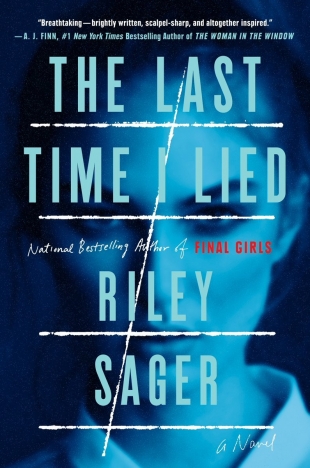 The Last Time I Lied by Riley Sager
The Last Time I Lied by Riley Sager Also by this author: Final Girls, Lock Every Door

Published by Dutton Books on July 3, 2018
Genres: Thriller, Mystery, Fiction
Pages: 370
Source: Netgalley
Amazon
Goodreads
FTC Disclosure: I received a complimentary copy of this book from the publisher via Netgalley. All opinions are my own.
MY REVIEW:
Last year I read and loved Riley Sager’s suspenseful thriller, Final Girls, so when I heard he had a new book coming out this summer, The Last Time I Lied, I couldn’t get my hands on it fast enough. I got my hands on a copy and sat down one evening to read what I thought would be just a few chapters before bedtime, but instead, ended up being about half the book. I remember the same exact thing happened to me when I read Final Girls. There is just something so addicting about Sager’s writing – he draws you into his tale so thoroughly that you just can’t even come up for air until you’ve followed every plot twist and devoured every clue.
Like Final Girls and other thrillers, The Last Time I Lied is one of those books that I think is best to go into knowing as little as possible, but what I definitely want to share with you are some reasons why I think you’re going to want to read this book.
4 REASONS WHY YOU SHOULD ADD THE LAST TIME I LIED TO YOUR READING LIST:
- Complicated Protagonist. If you like your characters complex, Emma Davis is your girl. Emma, an up and coming artist in New York, attended Camp Nightingale when she was 13 years old. When the older three girls in Emma’s cabin decide to sneak out in the middle of the night, they leave Emma behind, telling her she’s too young to come with them. That was the last time anyone saw the girls.
Fifteen years later, Emma is still haunted by their disappearance so much so that she includes the girls in each of her paintings, burying them beneath layers and layers of paints so that only she knows they’re there. She realizes that she can’t continue like this forever, that it’s becoming an unhealthy obsession. When the opportunity to return to Camp Nightingale unexpectedly presents itself, Emma decides that she needs to go. If she can figure out what happened to the girls, maybe after all of these years she can finally get some closure and move on…
What makes Emma so complex is that even though I felt tremendous sympathy for what she must have gone through as a 13 year old when those girls went missing and for what she has continued to go through as an adult, I still sometimes got the vibe that she wasn’t being completely honest, that she was keeping secrets. I found myself skeptical of her version of events, which had me turning the pages even faster, because I wanted to know if I could trust her or not. Not knowing if I could trust Emma or not really added to the overall suspense of the novel.
- Creepy Camp Setting. This is such an atmospheric read. Sager does a phenomenal job of creating the eeriest girls’ summer camp ever. Everything about the setting has a real horror movie vibe. The unsolved mystery of what happened to those girls casts a huge shadow over the camp and creates tension and suspense around every corner. Even though it has been fifteen years, it still feels like something could happen to anyone at anytime. The land the camp is built on is also the subject of legends and folklore that will make your hair stand on end and wonder if something supernatural is afoot on Camp Nightingale’s lands.
- Dual Timeline. The Last Time I Lied is presented to the readers in a dual timeline format. Emma is the narrator in both timelines, the present day one and the one from fifteen years ago. The modern day timeline follows Emma as she returns to the camp and plays amateur sleuth, trying to see if she can solve the mystery that alluded police detectives all those years ago. The other timeline follows Emma while she was a young camper at Camp Nightingale. It follows her from her arrival at the camp up through the disappearance of her cabin mates and the ensuing investigation. Sager does a brilliant job of weaving together these two intricate storylines, revealing key details in the modern timeline and then revisiting the past and showing why exactly the details we’ve just seen are relevant. I found the story all the more compelling watching the details unfold in this manner.
- Web of Secrets and Lies. If you enjoy a mystery that is filled with plot twists that keep you guessing, The Last Time I Lied should be a book after your own heart. There are so many secrets and lies swirling around throughout the novel that it gets very difficult to know who can be trusted, if anyone, and the lies just further the suspense and add intricate layers to the plot twists. A popular game the girls played at the camp is Two Truths and a Lie, and the more I read, the more appropriate the game seemed because this is a book filled with people who cannot be trusted.
I especially enjoyed the detective story aspect of the novel as we follow Emma playing detective, trying to uncover some of those secrets and lies and piece together what happened to the girls fifteen years ago. Emma even requests to stay in the same cabin she stayed in all those years ago in hopes of uncovering some clues that were overlooked that could possibly lead her to the truth of what happened to her friends. In many ways, the story reads like a modern day Nancy Drew novel.
MY FINAL THOUGHTS ON THE LAST TIME I LIED:
As much as I enjoyed Riley Sager’s Final Girls, I actually enjoyed The Last Time I Lied so much more. Maybe it’s the timing – reading a book about a creepy summer camp in the middle of the summer – or maybe it’s just Sager’s superior storytelling abilities, but whatever the reason, this is one of my favorite reads of the year so far. It kept me on the edge of my seat from start to finish, which is all that I could possibly want from a thriller, so I definitely look forward to reading more from Riley Sager.

GOODREADS SYNOPSIS
Two Truths and a Lie. The girls played it all the time in their tiny cabin at Camp Nightingale. Vivian, Natalie, Allison, and first-time camper Emma Davis, the youngest of the group. The games ended when Emma sleepily watched the others sneak out of the cabin in the dead of night. The last she–or anyone–saw of them was Vivian closing the cabin door behind her, hushing Emma with a finger pressed to her lips.
Now a rising star in the New York art scene, Emma turns her past into paintings–massive canvases filled with dark leaves and gnarled branches that cover ghostly shapes in white dresses. The paintings catch the attention of Francesca Harris-White, the socialite and wealthy owner of Camp Nightingale. When Francesca implores her to return to the newly reopened camp as a painting instructor, Emma sees an opportunity to try to find out what really happened to her friends.
Yet it’s immediately clear that all is not right at Camp Nightingale. Already haunted by memories from fifteen years ago, Emma discovers a security camera pointed directly at her cabin, mounting mistrust from Francesca and, most disturbing of all, cryptic clues Vivian left behind about the camp’s twisted origins. As she digs deeper, Emma finds herself sorting through lies from the past while facing threats from both man and nature in the present.
And the closer she gets to the truth about Camp Nightingale, the more she realizes it may come at a deadly price.

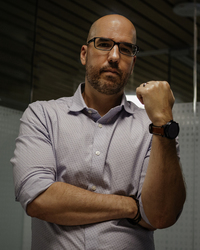
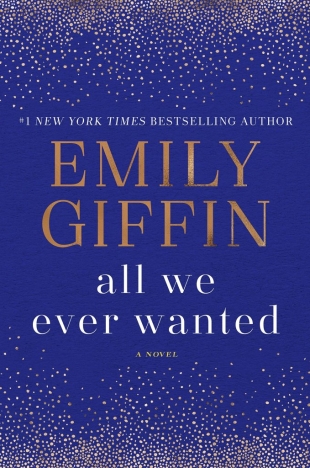 All We Ever Wanted by
All We Ever Wanted by 





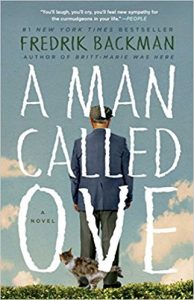 A Man Called Ove by
A Man Called Ove by 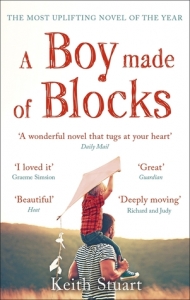 A Boy Made of Blocks by
A Boy Made of Blocks by 

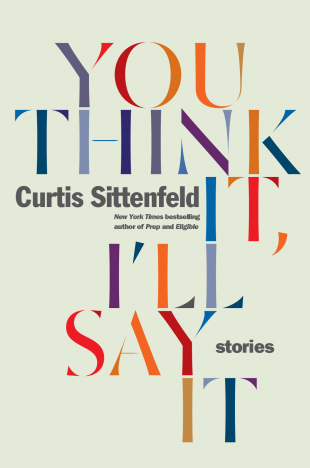 You Think It, I'll Say It by
You Think It, I'll Say It by 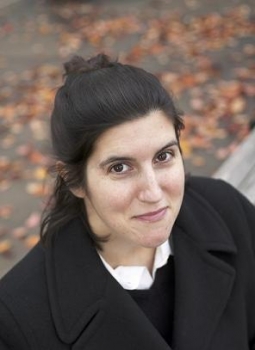
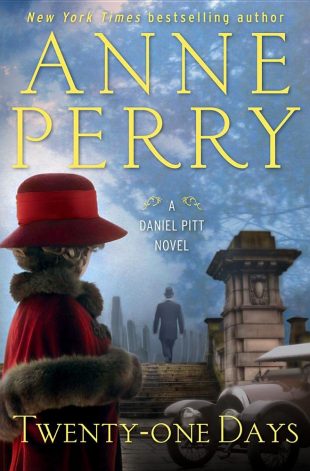 Twenty-One Days (Daniel Pitt, #1) by
Twenty-One Days (Daniel Pitt, #1) by 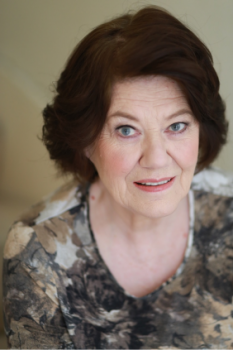
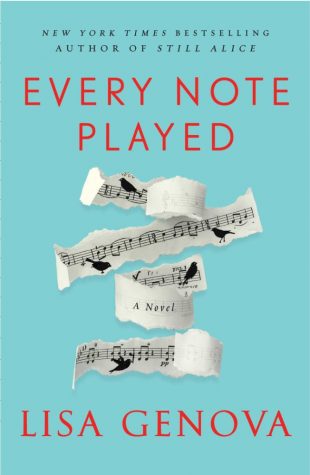 Every Note Played by
Every Note Played by 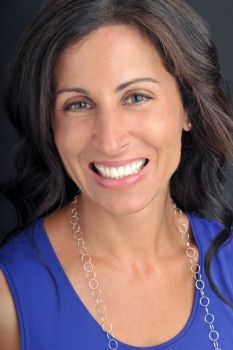
 The Great Alone by
The Great Alone by 

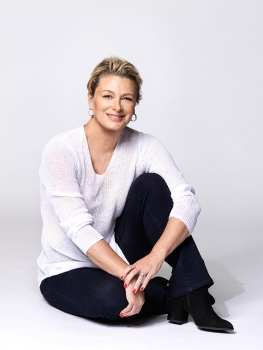
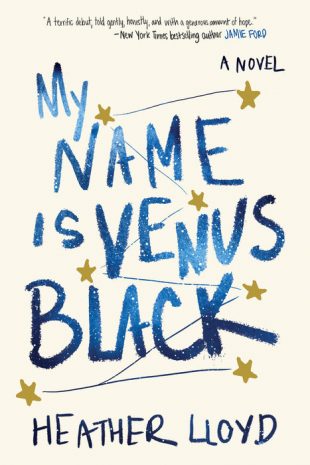 My Name Is Venus Black by
My Name Is Venus Black by 
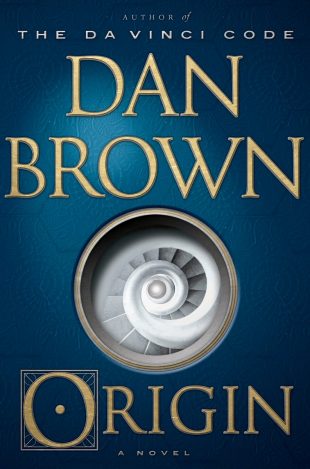 Origin by
Origin by 
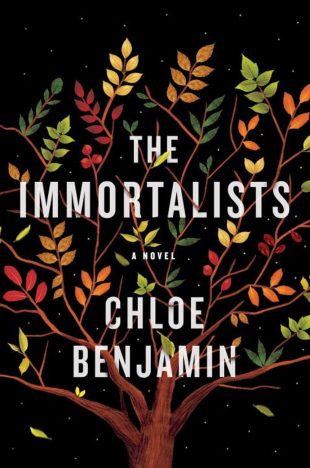 The Immortalists by
The Immortalists by 

